“He's growing! Look! See how he's growing! I have seen the Lord! The Lord! The Lord!”Die Blechtrommel [The Tin Drum] (Volker Schlöndorff, 1979)
Dec
21
winter solstice
.jpg)
Little Oskar with his tin drum. DP: Igor Luther.
Something short for winter solstice.
– Schugger-Leo
On the eve of World War 2, little Oskar – just three years old – decides he doesn't want to grow anymore.
WW2
Balada o trobenti in oblaku [Ballad About a Trumpet and a Cloud] (France Štiglic, 1961)
Dec
11
International Mountain Day
.jpg)
A young couple dances among the mountains (via). DP: Rudi Vaupotič.
Set in the mountains for International Mountain Day
1943. With the family preparing for Christmas, old man Temnikar hears the sound of a trumpet. The patriarch sees it as his calling to follow – and kill – the White Guardists who visited his mountain farm looking for wounded Partisans.
Pasażerka [Passenger] (Andrzej Munk, Witold Lesiewicz + Andrzej Brzozowski, 1963)
Dec
9
cruise
.jpg)
Marta and Liza on the cruise ship (via). DP: Krzysztof Winiewicz.
On a cruise, from [OP] Cinn’s bucket list. Well, not in the context of today's film pick*
1960. On a luxury line, former prisoner Marta and her warden Liza meet again. Things had happened years before, in Auschwitz. This new confrontation reverses their roles.
* the Bales 2025 Film Challenge for December has a few dateless themes. This is one of them.
“They sent me out by plane to a boarding school. But I ran away. There's a war on. I can't cram some stupid stuff when it's a war.”Иваново детство [Ivanovo detstvo / Ivan's Childhood] (Andrei Tarkovsky, 1962)
Dec
7
National Pearl Harbor Remembrance Day
.jpg)
Ivan (Nikolay Burlyaev) scouting (via). DP: Vadim Yusov.
A special soldier for National Pearl Harbor Remembrance Day (USA)
– Ivan
A twelve-year old boy works as a scout for the Soviet army. His age and size make him an inoffensive figure in the war-scarred landscape. But inside, he's brooding for revenge.
“If that's Americanism, it's very hyphenated.”December 7th (John Ford + Gregg Toland, 1943)
Dec
7
1941
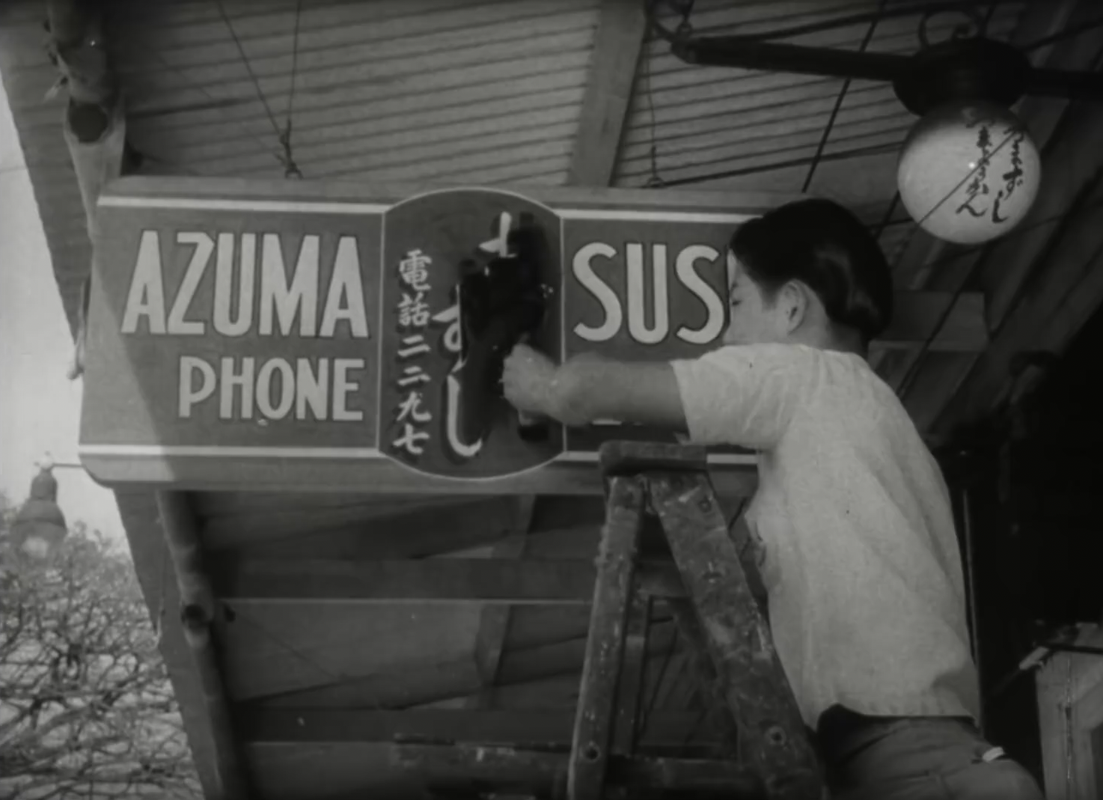
A Japanese person paints over the Japanese characters on their store's sign. AZUMA PHONE and SUS[HI obscured] can stay. DP: Gregg Toland.
– narrator
Careful, Soft Shoulders [Lady in a Quandry] (Oliver H.P. Garrett, 1942)
Dec
7
1941

Thomas Aldrich (James Ellison) and Connie Mathers (Virginia Bruce). DP: Charles G. Clarke.
1943-1997 ['43 – '97] (Ettore Scola, 1997)
Oct
16
1943
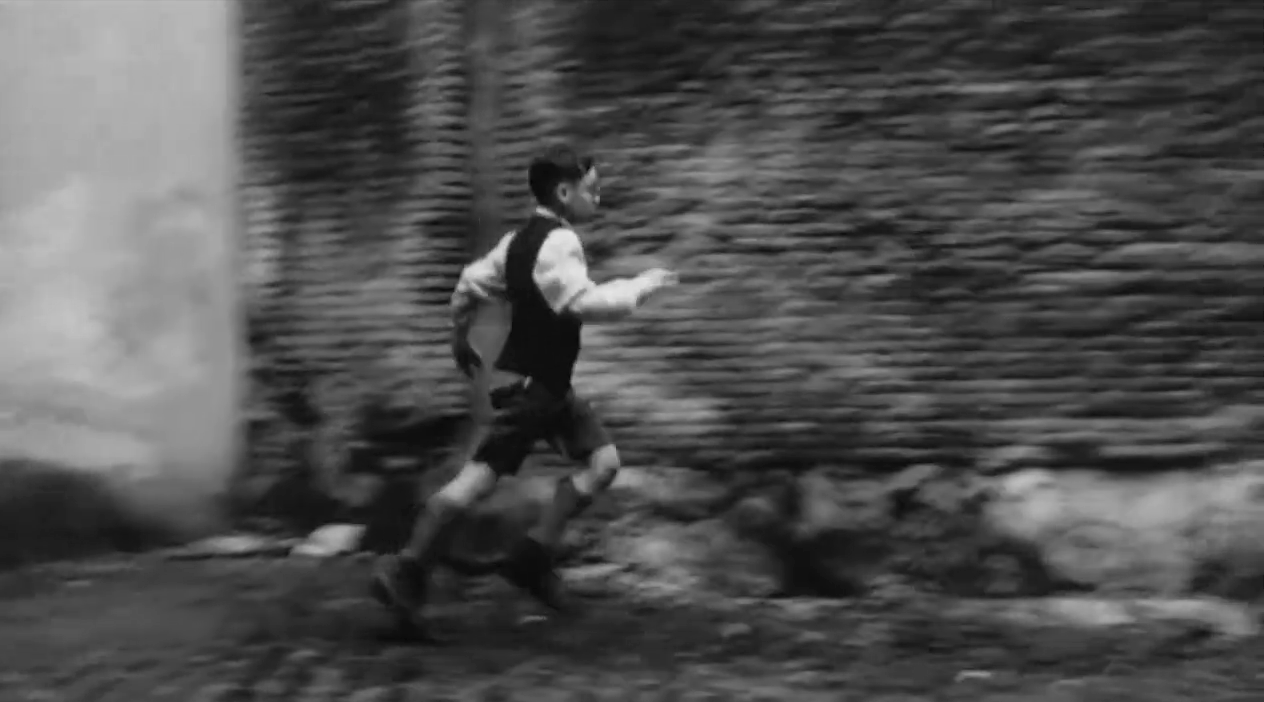
The boy (Francesco Cencioni) on the run in a locked down town. DP: Carlo Tafani.
Smrt si říká Engelchen [Death Is Called Engelchen] (Ján Kadár + Elmar Klos, 1963)
Sep
19
ER – 1994
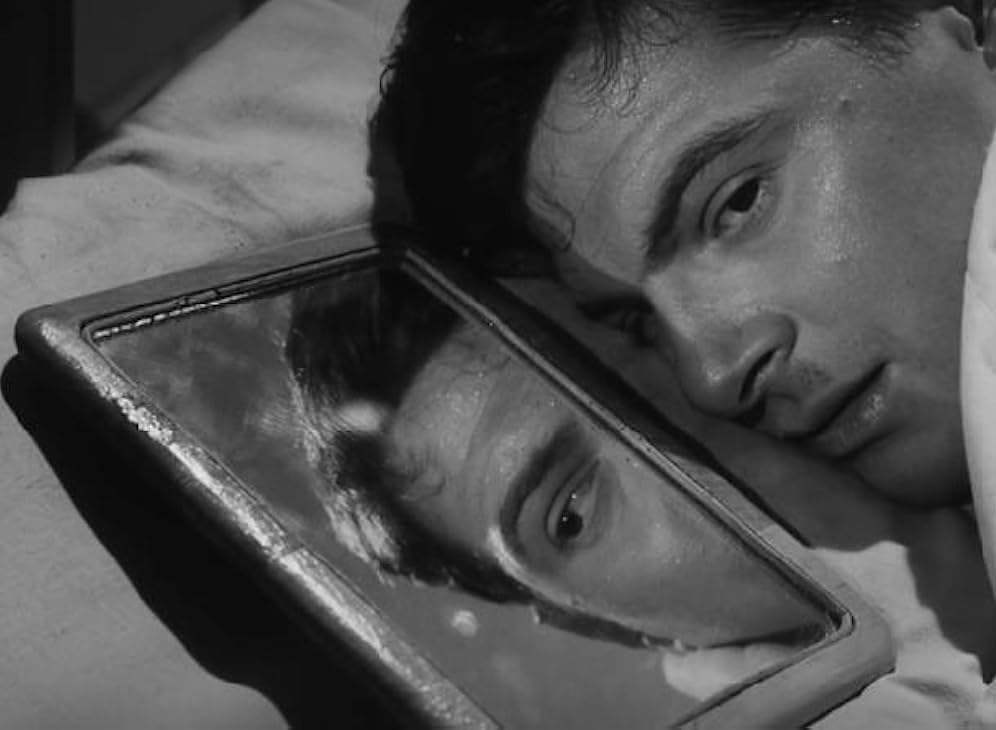
Pavel (Jan Kačer) recovering face-down in his hospital bed. DP: RudolfMilič.
An emergency room: ER debuts on this date in 1994.
A paralysed Czechoslovak partisan recovering from a shot in the back in an emergency ward, feverishly remembers the events that brought him to that moment. He particularly remembers Engelchen, the SS Sturmbannführer who killed his best friend and massacred the local villagers.
“Stop shooting! Stop democracy!”Hullumeelsus [Безумие / Madness] (Kaljo Kiisk, 1968)
Sep
15
International Day of Democracy
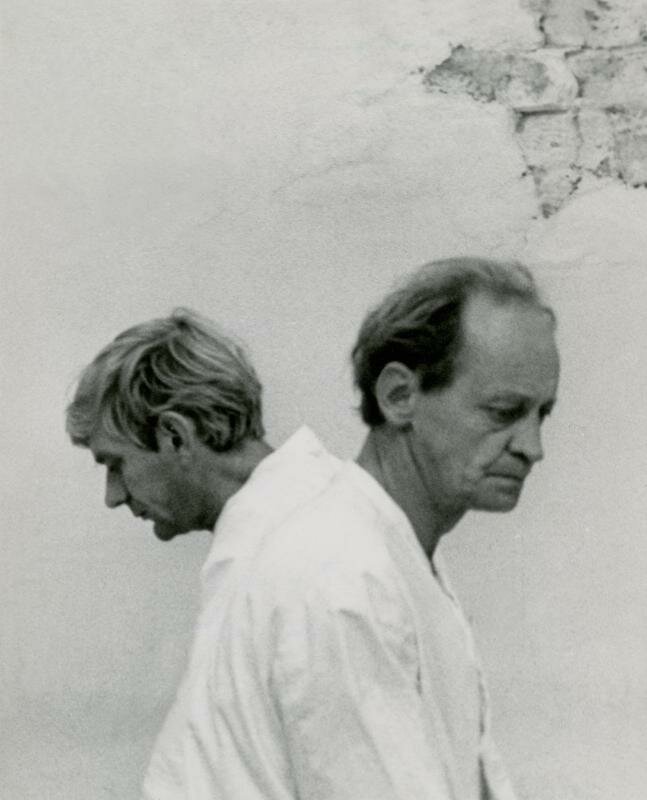
Windisch (Jüri Järvet) pacing, blending in with a white-clad inmate. DP: Anatoliy Zabolotskiy.
On the International Day of Democracy, the word “democracy” is spoken.
– Person Nr. 1
The Gestapo arrives to liquidate the inmates of a mental hospital. Then Windisch, plainclothes Nazi, brings them a letter: there's a special commando hiding amidst the 583 patients. Interrogating them slowly pushes Windisch among them.
И дойде денят [I doyde denyat / And the Day Came] (Georgi Djulgerov, 1973)
Sep
9
1944
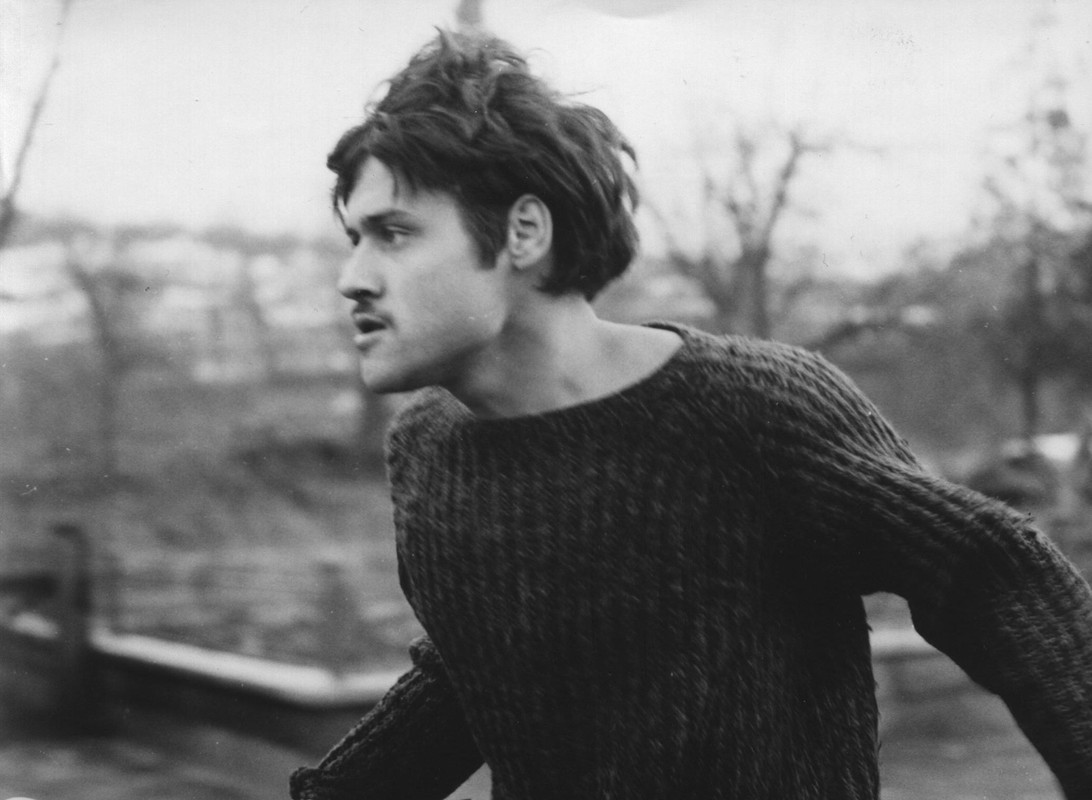
Mustafa (Plamen Maslarov) running. DP: Radoslav Spassov.